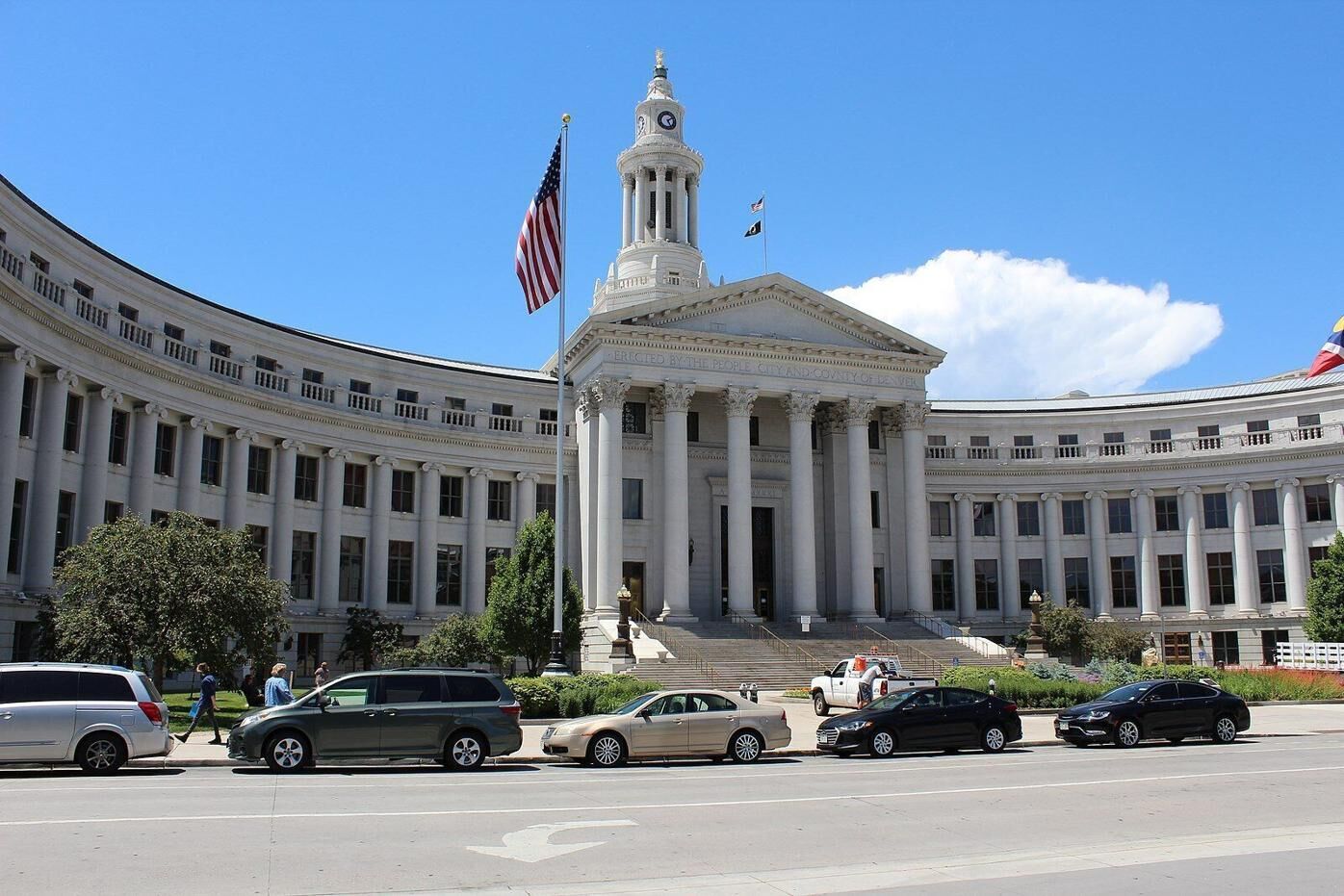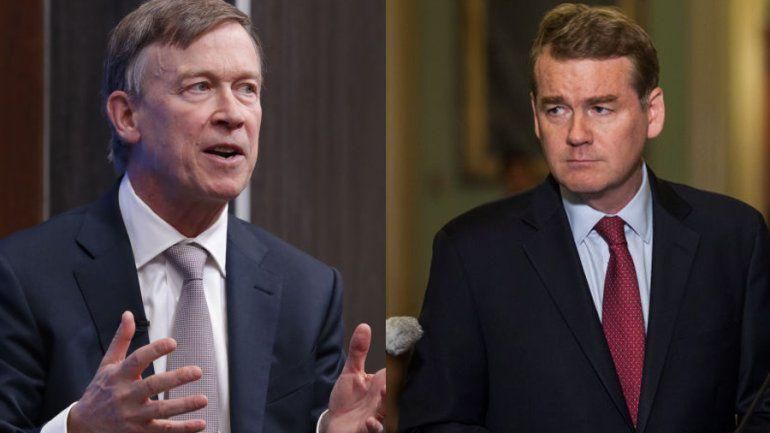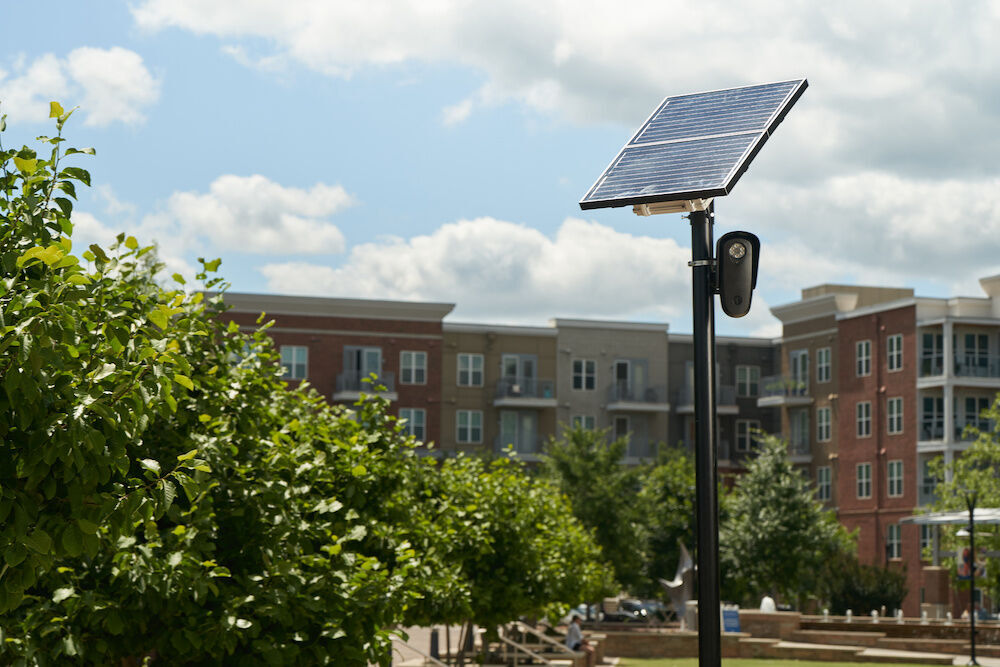EDITORIAL: One Denver City Council is enough

An old quip holds that no one’s life, liberty or property are safe while the legislature is in session. The same arguably applies to Denver’s City Council, given its ability to wreak havoc.
As for the groundbreaking “civic assembly” that one Denver council member is now proposing to convene — sometime next year — we only can shudder. Our hope and best guess at this point is the proposal won’t go far.
As reported by The Gazette, District 8 Councilmember Shontel Lewis — one of two council members endorsed by the Democratic Socialists of America in the 2023 election — pitched the notion to fellow council members on Monday. Lewis described how the new body of quasi-lawmakers would be a representative group of residents — selected at random — to learn about and discuss city issues with the aim of crafting “informed recommendations.”
“A civic assembly is like a legislative body of everyday citizens,” Lewis told the council. “Its makeup ought to be representative of the people, and its recommendations ought to be implemented as if they were a part of a decision-making body. This is not an advisory body.”
All the more reason to worry.
Apparently, some other Colorado communities have tried it. Fort Collins, for example. But in that case, the endeavor was seeking public input on a very specific matter, the potential future uses of a former stadium in the community.
Lewis appears to have a much broader mandate in mind, and she offered a hint at her agenda.
“For example, say we have a civic assembly on housing here in Denver,” Lewis supposed. “The civic assembly could, after hearing from experts, make recommendations on how to build more affordable housing in Denver in the short term, while also making recommendations on land use changes that may be needed in the future.”
How binding would the assembly’s “recommendations” be on the council? It’s unclear.
The Gazette’s news report notes in Paris and Brussels, civic assemblies have become a permanent part of government decision-making. That likely would take a charter change in the Mile High City.
But even if that worst-case scenario is unlikely, Lewis’ proposal has the potential to cause plenty of collateral damage even if it only amounted to a civic sounding board.
It would cost the city between $350,000 and $450,000 by Lewis’ own estimate. Delegates would be paid a “living wage” of $35.25 per hour for 50-55 hours of work over three weekends.
Then there’s the matter of who would serve on the body. Lewis said close to 30,000 invitations would be sent to community members in targeted areas. From those who responded to the invitation, 60 would be selected by lottery.
Delegates would be assigned issues and study them. Their recommendations would require the support of a supermajority, or 70%, to be passed on to the council and mayor.
Its the topics chosen for deliberation and who chooses them — as well as the criteria for sending out the original 30,000 invitations; i.e., to whom? — that are especially problematic.
Given Lewis’ own politics, it’s a safe bet no proposals to crack down on crime, clean up homeless camps or curb spending would emerge from the effort.
In any event, Denver already has a civic assembly — the City Council. It even includes members of the political fringe, Lewis among them, so she hardly can claim her own views aren’t represented.
Instead of amplifying those views through an unwieldy and unneeded shadow governing body, she ought to tend to the workaday council chores piled up on her desk: patching potholes, policing the streets and the like. It would be of far greater service to the citizens of her district.
















